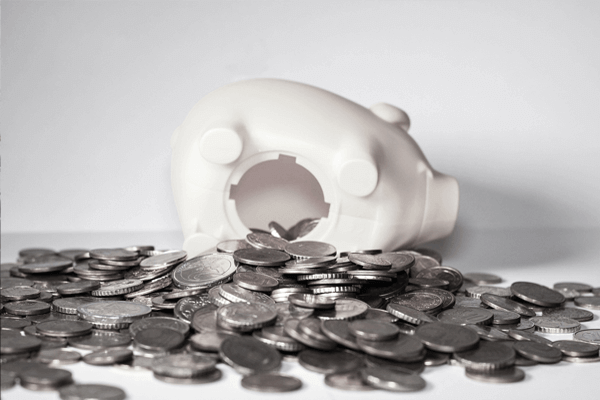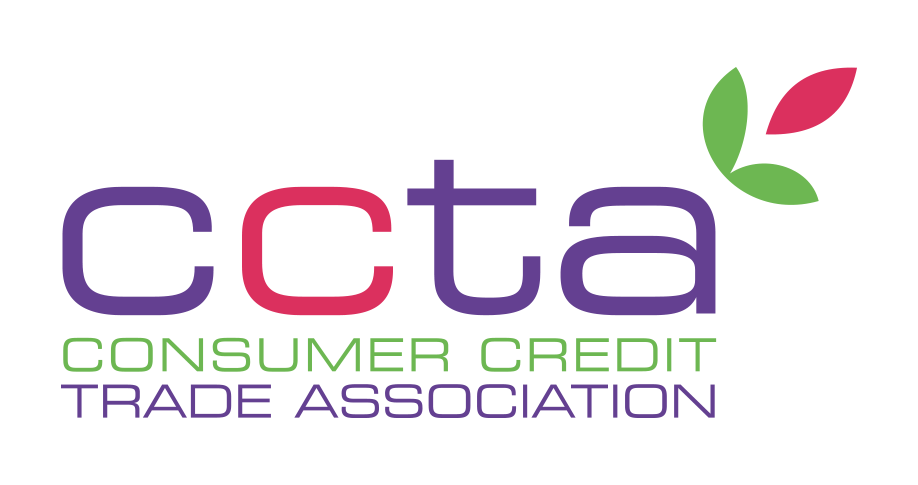Busting Common Myths About Money
Finance is a tricky subject that often leaves many confused. When it comes to personal or business finance, pursuing common misconceptions and myths about money or finance can be detrimental to both you and your business. There is no shortage of bad or wrong information out there, either, which makes finding the real facts out for yourself imperative to the financial health of your business and your personal affairs. Get clarity - the following money myths have been busted!

Money Myth: Debt is Bad
Credit history exists for a reason, and debt is the way you create your own credit history. While having large amounts of unsustainable or mismanaged debt can tarnish your credit record, some types of debt can actually help you or your business. Debt like mortgages or student loan debt can be beneficial in other ways, too: both are an investment, one into property and one into education. These types of debt also typically have lower interest rates, and some can be tax deductible.
Managing your debt properly can also help rebuild poor or bad credit, and is one way to improve your chances of being provided with different types of credit in the future, such as credit cards or overdrafts.
Money Myth: Buying A House is Better than Renting
For many people, buying a house is on the bucket list. And for some, it forms part of the natural progression of life: finish university, fall in love, get married, have kids and buy a home of your own. While there is nothing wrong with this goal, the common misconception is that buying is better than renting. In reality, the choice between buying a house or renting is purely circumstantial and differs from person to person. However, the financial implications of buying instead of renting are not necessarily all positive. Renting is often the better option for those without the financial means of buying a house, and thus helps people avoid unnecessary debt, while it also allows you to remain flexible. Renting is ideal for young people just starting out in life.
Money Myth: Investing is for People with Money
The word ‘invest’ has numerous connotations attached to it: only ‘rich’ people invest, or people with a lot of disposable income. This is not true! An investment is does not always equate to property, the stock market, or even shares in a business. An investment can be as simple as a savings account, or a retirement plan. There is also no ‘right’ amount to save. Many people believe that, because the amount they can afford to save every month is little, they should not be saving at all and aim to wait until they can afford to save more. Realistically, saving any amount you can every month only serves to benefit you later on, when that hard work and perseverance pay off!
Money Myth: I Don’t Need to Manage My Own Money
When it comes to money, especially your own, you should be completely hands-on. No element of your life should be entirely managed by someone else, especially your personal finances. Even in the case of joint bank accounts or shared investments, you should always be aware of what is happening with your finances. The same is true for your business - even though you may have hired an accountant, it is still a wise decision to keep up to date with the movement of your money.
Money Myth: Money Means Security
If life were a video game, money would be cheat codes - but, while money may make the game easier to play, you’ll still have to play the whole game, just like everyone else! In other words, money does make life easier, but it doesn’t guarantee anything. Money can make life more predictable, and it does provide you with more control, freedom and flexibility. But, it’s important to remember that circumstances can change, and anything is possible.
Money Myth: A Bad Credit Record Will Limit You
Getting into debt is easy, but getting out is much harder, and many accrue bad or poor credit scores in the process. Fortunately, and contrary to popular belief, a poor credit score does not mean the end of the road for your credit record. While you may temporarily be unable to apply for many forms of credit, making payment toward existing debt or employing healthy credit servicing habits can help to reinstate a positive credit rating, and improve your chances of credit applications in the future.
Money Myth: Having More Money Will Make Me Happy
It’s important to understand that money is a man-made concept. Over time, humans have ultimately designated the value currency has, and as such, the actual value of money is entirely constructed. Many less well-off people may argue that having more money would definitely improve their lives - and that is the key element: money would improve their lives, but it does not equate happiness. Money cannot help you find love, or make friends, or build relationships, or even help you have more fun. Money can’t even cure anxiety - instead, it replaces one fear with another; the fear of not having enough money with the fear of losing it. True happiness is unique to each person, and is not found in the materialistic aspects of life!

